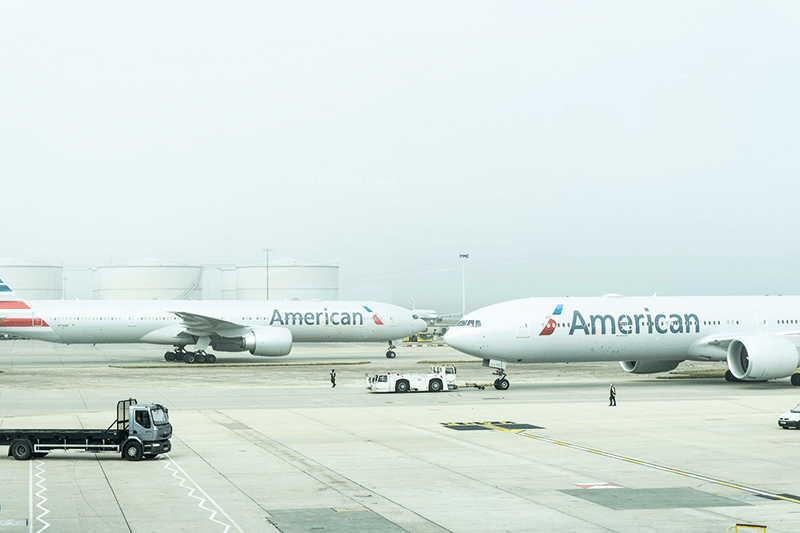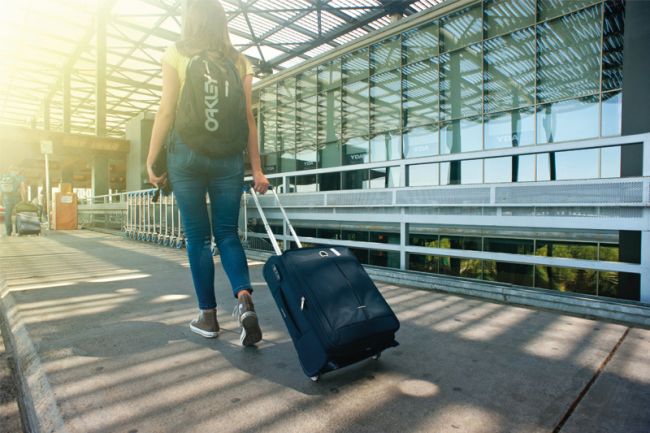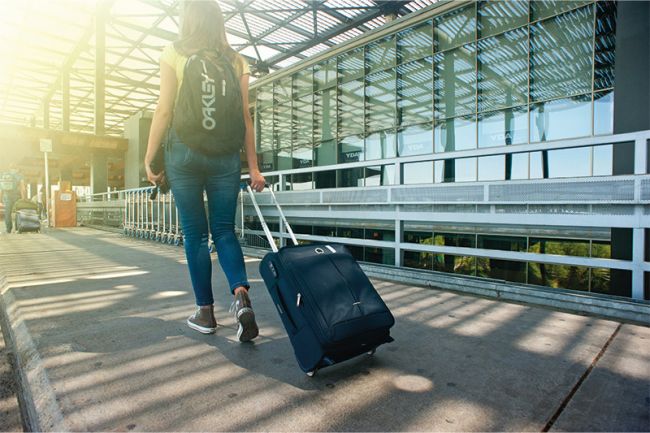American and Southwest Airlines pay substantially more than Spirit Airlines for identical FAA services
On January 24, we shared a recent study that documented the effects of airline ticketing practices on the fees paid to the FAA.

On January 24, we shared a recent study that documented the effects of airline ticketing practices on the fees paid to the FAA for air traffic and airport services (see Unbundling ticketing practices cost the AATF and impact airline competition). The chart below highlights the inequitable and anti-competitive effects of unbundling, when it is considered with the federal ticket tax of 7.5%. As shown below, for flights in the BWI to MIA market, Southwest passengers pay $9.45 more per flight, and American passengers pay $7.42 more per flight. For the entire flight, the difference in revenue contributed to the AATF for FAA services could amount to well over $1,000.
Flight itinerary for BWI to MIA (pax with one carry-on, one checked bag and the least expensive advanced seat assignment)
| Spirit | American | Southwest | |
|---|---|---|---|
| Listed Fare | $106.89 | $205.90 | $232.99 |
| Seat Assignment | $21.00 | no charge | no charge |
| Carry on | $58.00 | no charge | no charge |
| One checked bag | $48.00 | $30.00 | no charge |
| Total Pax Cost | $233.89 | $235.90 | $232.99 |
| Pax Ticket Tax (7.5%) | $8.02 | $15.44 | $17.47 |
| Flight Segment Tax | $4.80 | $4.80 | $4.80 |
| Total Tax | $12.82 | $20.24 | $22.27 |
| Tax as % of Total Ticket | 5.5% | 8.6% | 9.6% |
As noted in the linked article, policymakers could address this legal loophole in two ways. First, they could legislate that all passenger revenue collected from airline passengers be taxed at the same rate. Second, policymakers could change the FAA's funding to a cost-based air traffic model utilized by the vast majority of air navigation service providers around the world. For the member states of Eurocontrol, for example, the following non-discrimination policy applies:
Charges are calculated with the same rules, the same formula, and the same tariffs applied to all airspace users (see https://www.eurocontrol.int/crco).
Rather than policymakers getting overly prescriptive about airline ticketing practices, adopting a non-discriminatory policy (as the FAA requires for airports in their assessment of airline rates and charges) would appear to be the most straightforward course.










